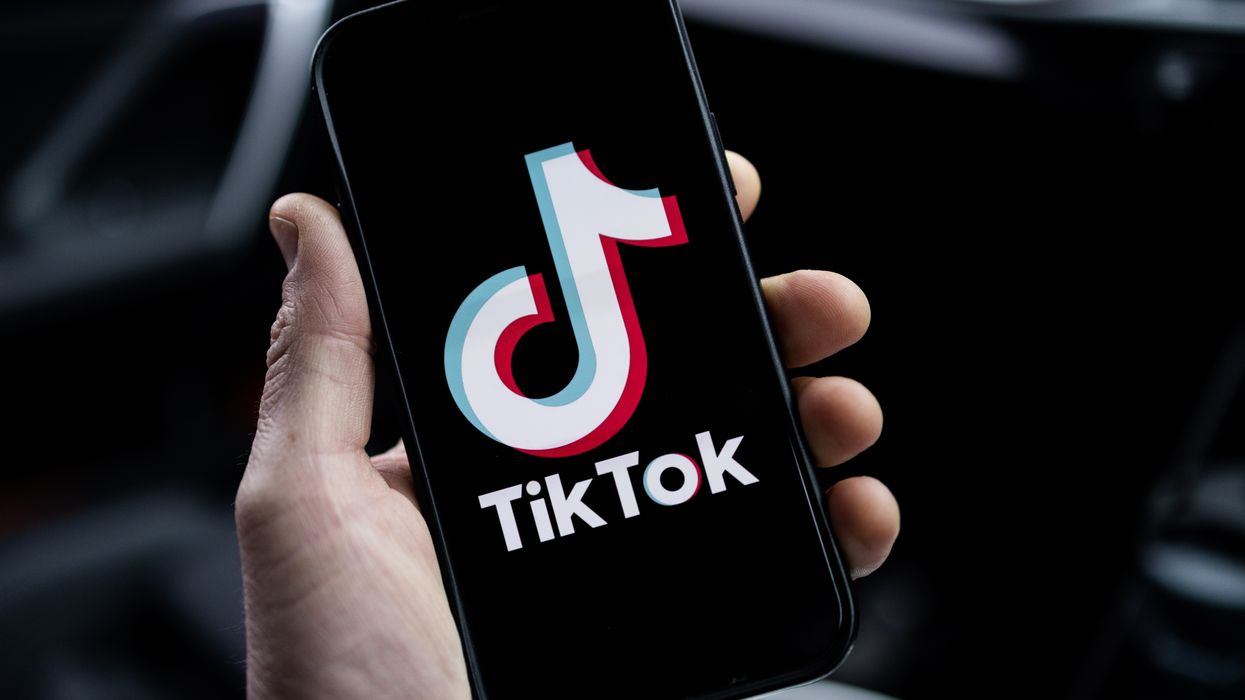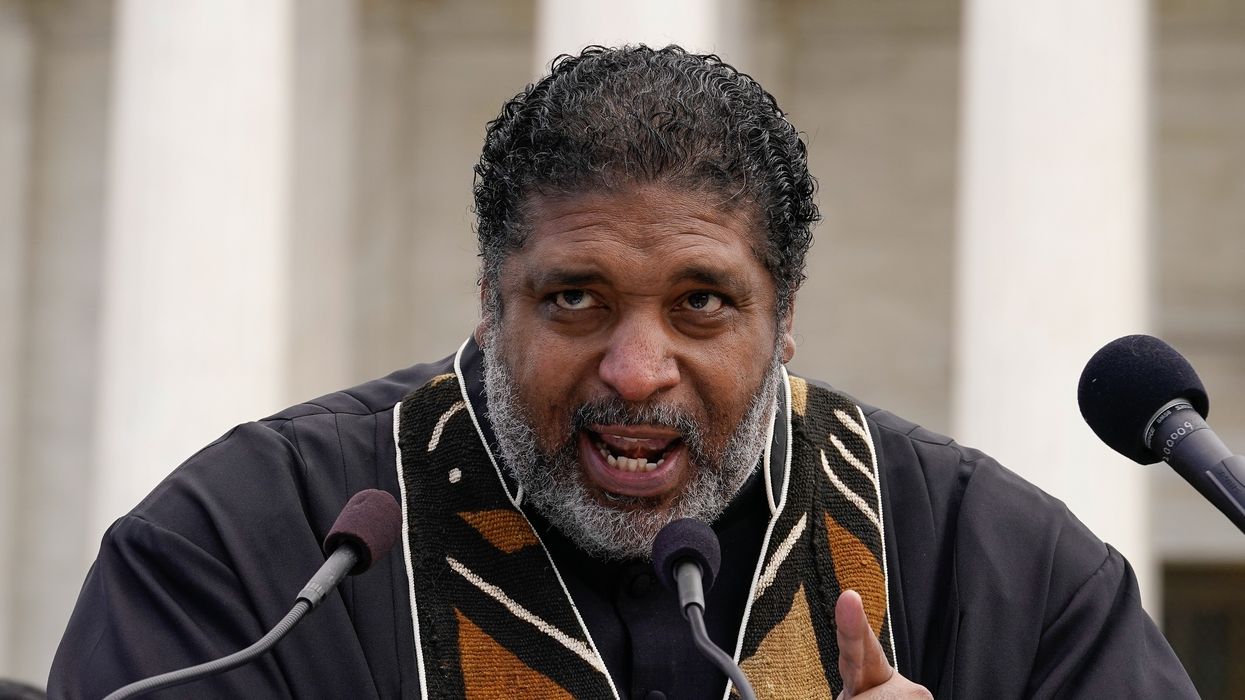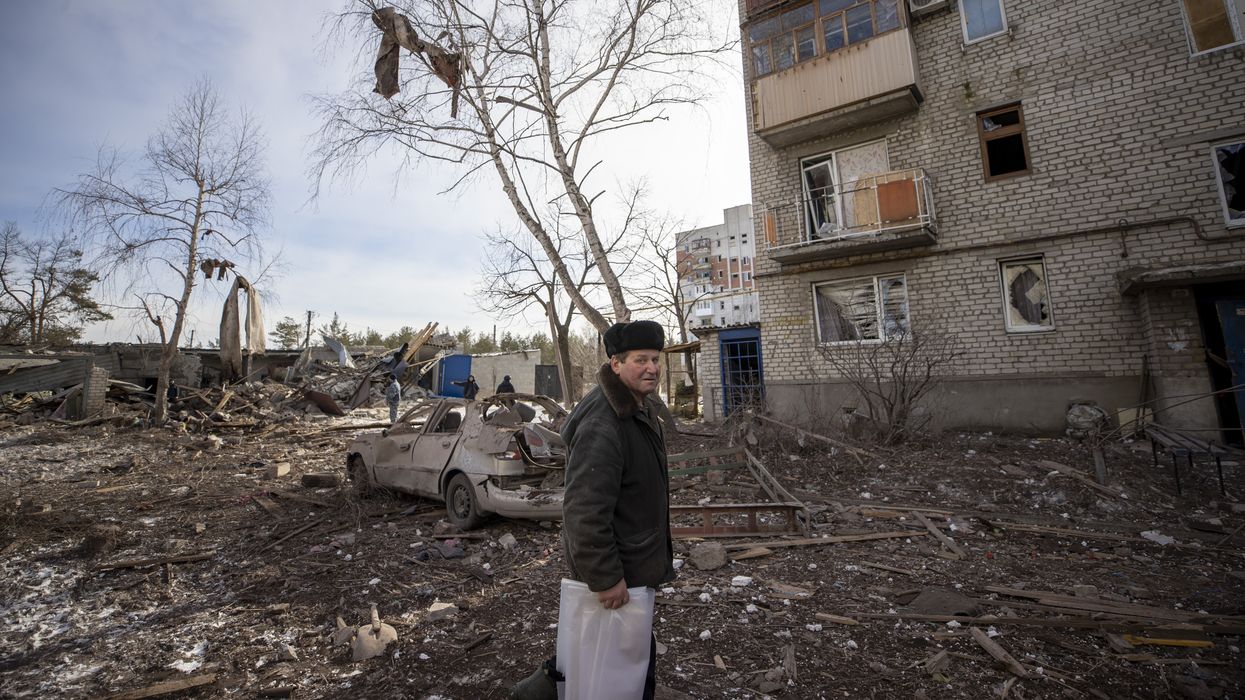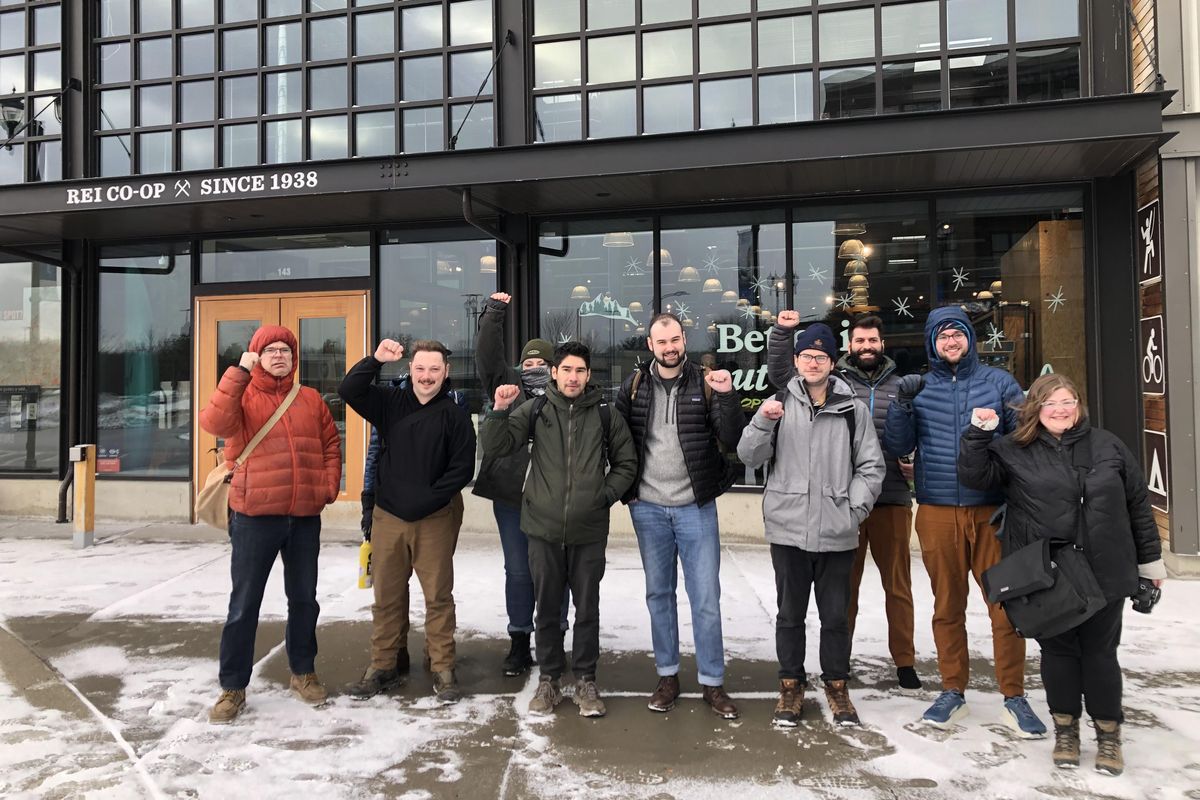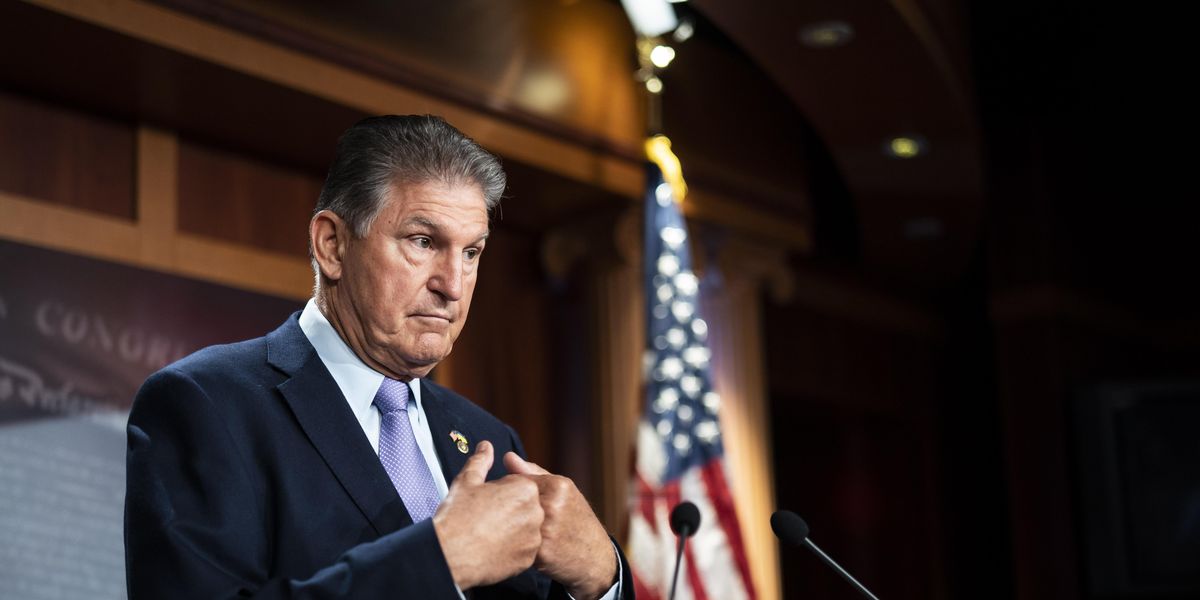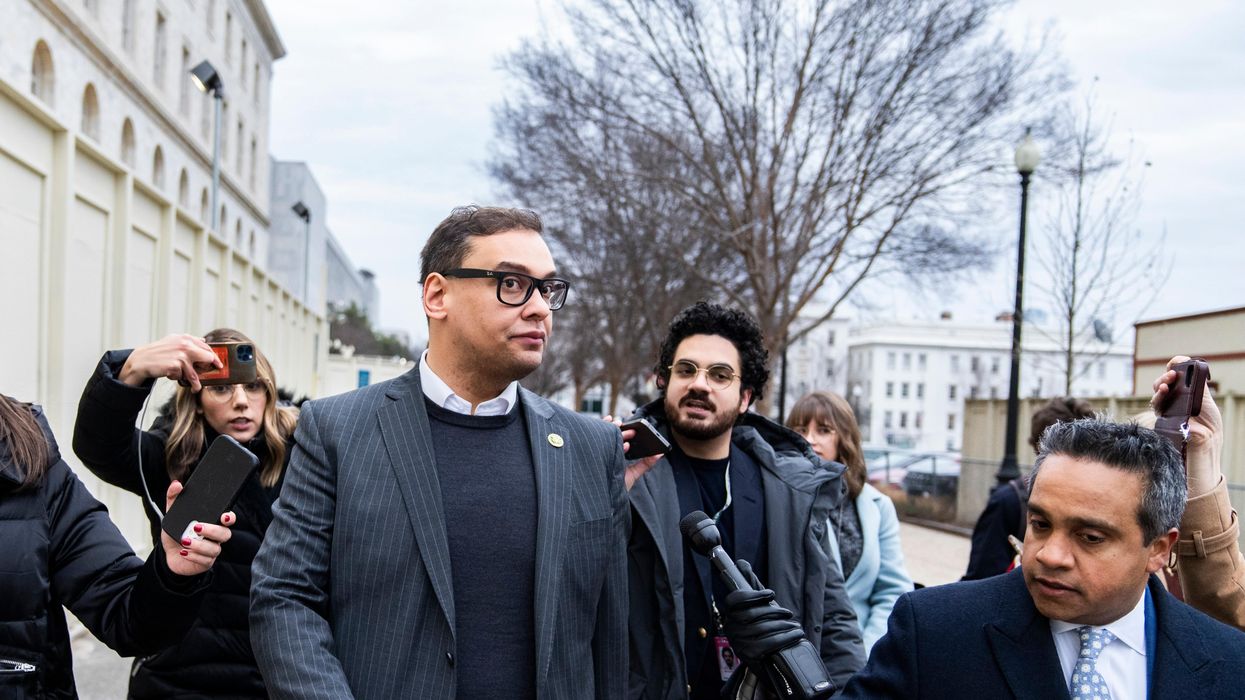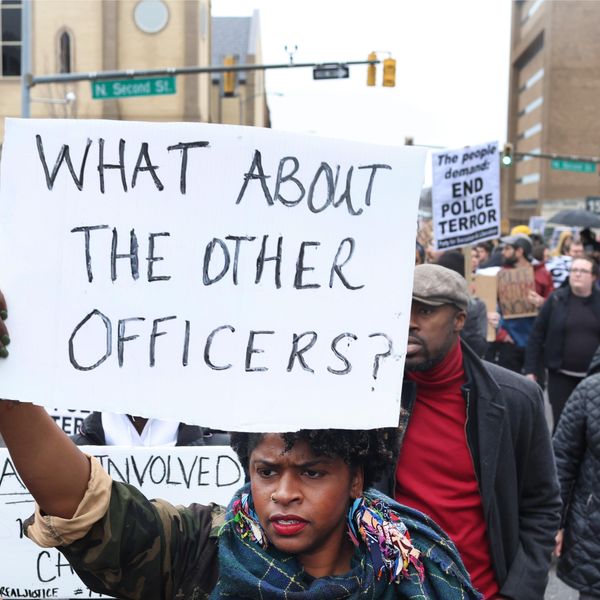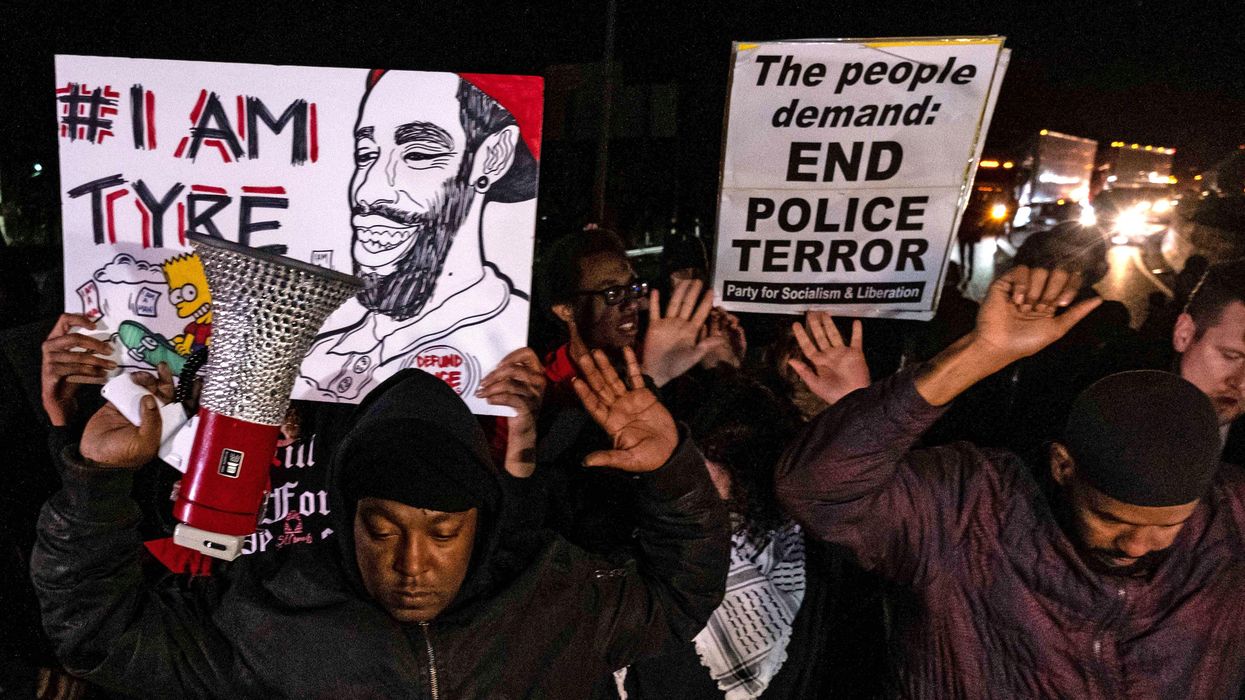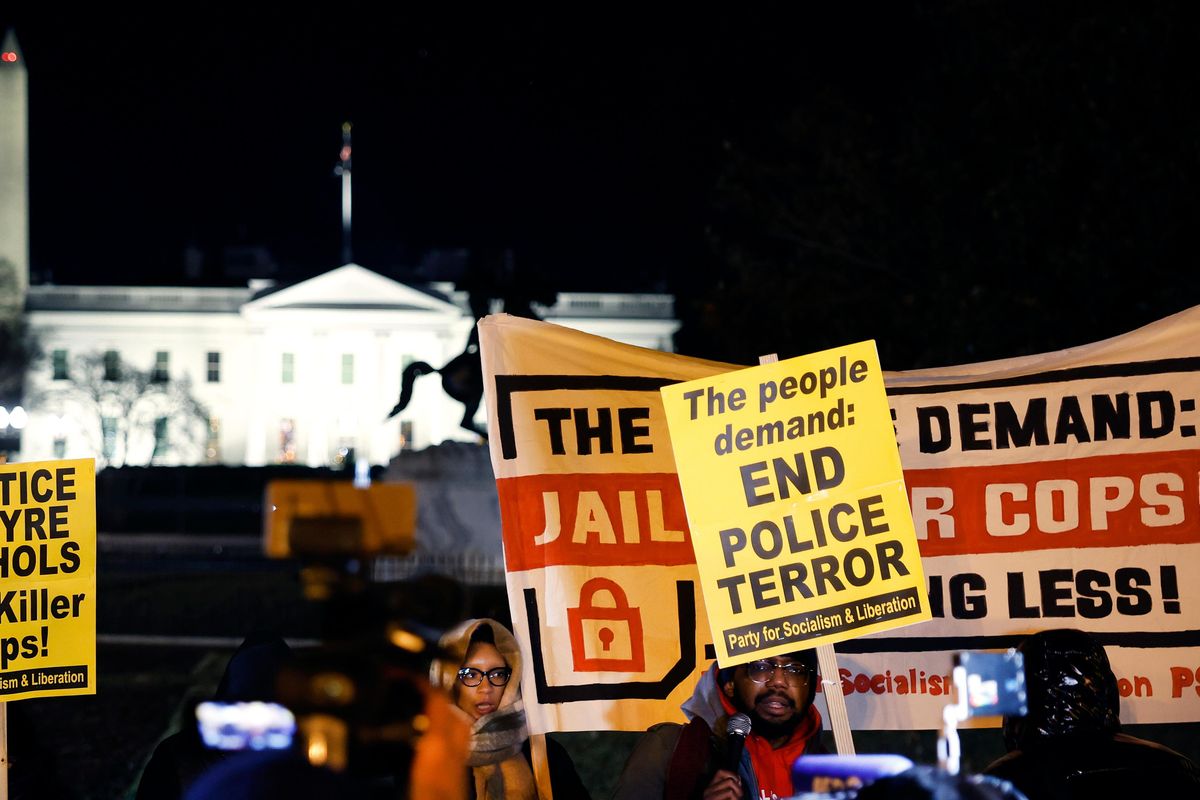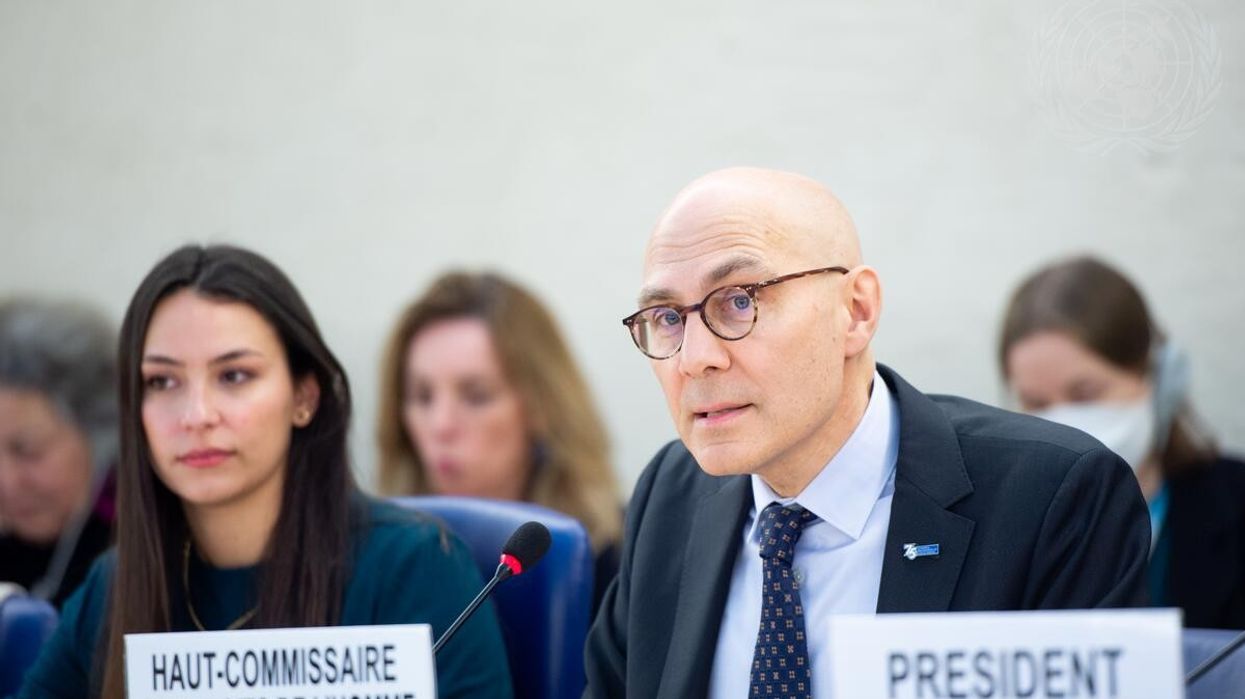
United Nations High Commissioner for Human Rights Volker Türk on Friday called out Israeli Finance Minister Bezalel Smotrich for saying that Huwara, a Palestinian village in the West Bank, “needs to be wiped out” and “the state of Israel should do it.”
Smotrich’s comment Wednesday came after Israeli settlers on Sunday rampaged through Huwara, killing a 37-year-old Palestinian man—mass violence that came just hours after a Palestinian gunman murdered a pair of Israeli brothers, who were 19 and 21.
While presenting a report on Israel’s illegal occupation of Palestine and “the current intensification of violence” to the U.N. Human Rights Council, Türk blasted Smotrich’s remark as “an unfathomable statement of incitement to violence and hostility.”
“Over half a century of occupation has led to widening dispossession, deepening deprivation, and recurring and severe violations of their rights, including the right to life.”
More broadly, Türk lamented that “the situation in the occupied Palestinian territory is a tragedy. A tragedy, above all, for the Palestinian people. Over half a century of occupation has led to widening dispossession, deepening deprivation, and recurring and severe violations of their rights, including the right to life. Nobody could wish to live this way—or imagine that forcing people into conditions of such desperation can lead to an enduring solution.”
“2022 saw both the highest number of Palestinians killed by Israeli security forces in the past 17 years, and the highest number of Israelis killed since 2016,” he highlighted. “This death toll has further, and sharply, deteriorated in the first weeks of 2023, and in the month that has just ended.”
Türk’s office found that over the reporting period, Israeli security forces frequently used lethal force, “regardless of the level of threat—and, at times, even as an initial measure, rather than as last resort.” Researchers also documented “several cases of apparent extrajudicial, targeted killings” by such forces.
As the rights chief told the council, other key findings in the report include:
- Israeli security forces killed 131 Palestinians—including 65 people who were unarmed and did not engage in violence—and since 2017, fewer than 15% of such killings have been investigated, and fewer than 1% led to an indictment;
- Palestinians killed 13 Israelis—and nine more, including three children, have been killed in two attacks since then;
- Israel increasingly imposes collective punishments such as the blockade of Gaza, which are prohibited by international law, on Palestinians;
- 967 Palestinians are being held in “administrative detention,” the highest number in 15 years; and
- There are over 270 illegal Israeli settlements across Palestine.
“The occupation is eating away at the health of both societies, on every level—from childhood to old age, and in every part of life,” Türk stressed. “For this violence to end, the occupation must end. On all sides, there are people who know this.”
The U.N. leader urged decision-makers in the region and around the world to heed the recommendations of his office’s reports “and to step back from the precipice to which increasing extremism and violence have led.”
\u201c”The situation in the Occupied Palestinian Territory is a tragedy,” @UNHumanRights chief @volker_turk told the @UN Human Rights Council.\n\nFull STATEMENT at #HRC52 \u27a1\ufe0fhttps://t.co/Ay18urzszf\u201d— UN Human Rights Council \ud83d\udccd#HRC52 (@UN Human Rights Council \ud83d\udccd#HRC52) 1677865307
While the settler attack on Huwara drew rare widespread rebuke—including from Israel’s prime minister, Benjamin Netanyahu, and a pair of conservative Jewish organizations in the United States—the Israeli government’s recent shift to the right has stoked fears that violence in the region will only get worse and more frequent.
As Beth Miller, political director of Jewish Voice for Peace Action, said earlier this week, “The Israeli settlers burning down Palestinian homes and attacking Palestinians in the street are supported by the Israeli military and the Israeli government.”
Heba Morayef, Amnesty International’s director for the Middle East and North Africa, declared Friday that “under Israel’s apartheid system, impunity reigns.”
“Despite the intensity and scale of Sunday’s attacks, which resulted in the killing of one Palestinian and the wounding of nearly 400 more, and despite a rare show of international condemnation of settler violence, Israeli police yesterday released six suspects who were arrested in connection with the attacks,” she noted. “Meanwhile two others have been issued with administrative detention orders, which violate international law.”
\u201c#Huwwara – Impunity reigns for perpetrators of settler violence. “@amnesty reiterates its call on #Israeli authorities to remove all settlements, which are war crimes under international law, & to dismantle its system of #apartheid against #Palestinians.” https://t.co/Smn9VnPjLe\u201d— Khulood Badawi (@Khulood Badawi) 1677863325
Like Miller, Morayef emphasized that “Israeli authorities have long enabled and incited settler attacks against Palestinians, and in some cases soldiers have directly participated.”
“State-backed settler violence is endemic in the occupied West Bank,” she continued. “Towns and villages like Huwara, which was the epicenter of Sunday’s attacks, are frequently targeted as they are surrounded by illegal settlements. For example, in October 2022, settlers broke into a school in Huwara where they smashed windows and beat teachers and pupils; less than two weeks later a café was set on fire, and groups of settlers assaulted Palestinian residents with pipes and rocks.”
“Amnesty International reiterates its call on Israeli authorities to remove all settlements, which are war crimes under international law, and to dismantle its system of apartheid against Palestinians,” Morayef added. “Apartheid is a crime against humanity and violence against civilians will continue for as long as it is in place.”
This post was originally published on Common Dreams.



